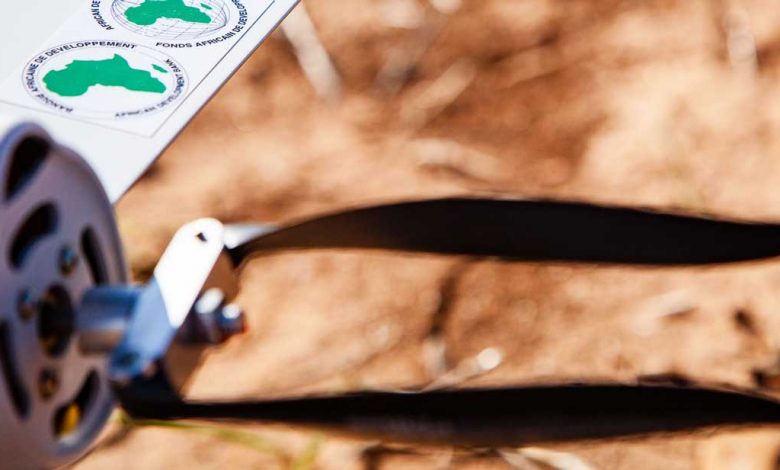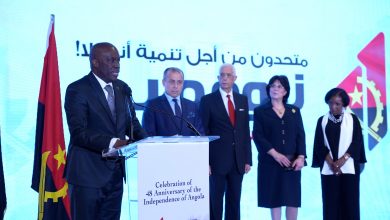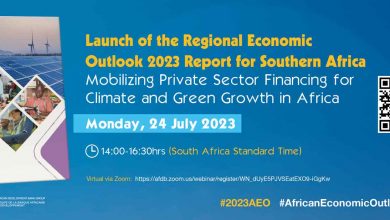Tunisia: using drones to improve agricultural productivity | African Development Bank

Diplomat.Today
The African Development Bank
2023-03-06 00:00:00
——————————————-
Wiem Taieb, a master’s student at the library of the National Agronomic Institute of Tunisia (INAT), eagerly leafs through the botanical literature. Wiem, an agricultural engineer specialized in plant pathology, is following a follow-up study in irrigation and drainage techniques this year.

She has skills she is passionate about: “I trained as a drone pilot, which enabled me to complete my technical graduation project on protection against the red palm weevil,” says Wiem from Gafsa, some 360 kilometers south of Tunis.
She plans to take on a new project on the use of drones to manage irrigation systems with a high impact on crops and the phytosanitary situation of plants and orchards.
In partnership with the African Development Bank and the Korea-Africa Economic Fund (KOAFEC), the Tunisian government launched a pilot program in 2018 to use this technology in agriculture. The use of drones can also increase the income of Tunisian farmers and contribute to food security, adaptation to climate change and minimizing greenhouse gas emissions.
Wiem was one of about 40 Tunisians trained as drone pilots under the program.
Like other countries in North Africa, Tunisia has been battling rising heat, which has eroded its water resources, leading to droughts. It has therefore become necessary to improve farm productivity.
“Intelligent resource management using drones is very useful for decision-making, management and processing of the entire production chain,” said Wiem.
She is part of a new generation of Tunisian students seeking new approaches to transform their country’s agriculture in the wake of climate change impacts. To help them achieve their goals, INAT comes in handy with a fully equipped center with five laboratories and a research unit. The facility is known for providing solutions for agroecology and agroindustry, considered the two pillars of Tunisian agriculture.

With the help of the South Korean government agency Busan Techno Park, a pilot was carried out in 2019 involving the deployment of drones around Sidi Bouzid, 250 km southwest of Tunis. The pilot provided early key information that could optimize irrigation systems and fertilizers, as well as early detection of diseases affecting agricultural production, and improve, by updating statistical data, decision making.
Recalling the pilot drone program and its benefits, Wiem said, “I am very proud to be among these pioneers. And I hope to contribute to the development of agriculture in my country.”

——————————————-



